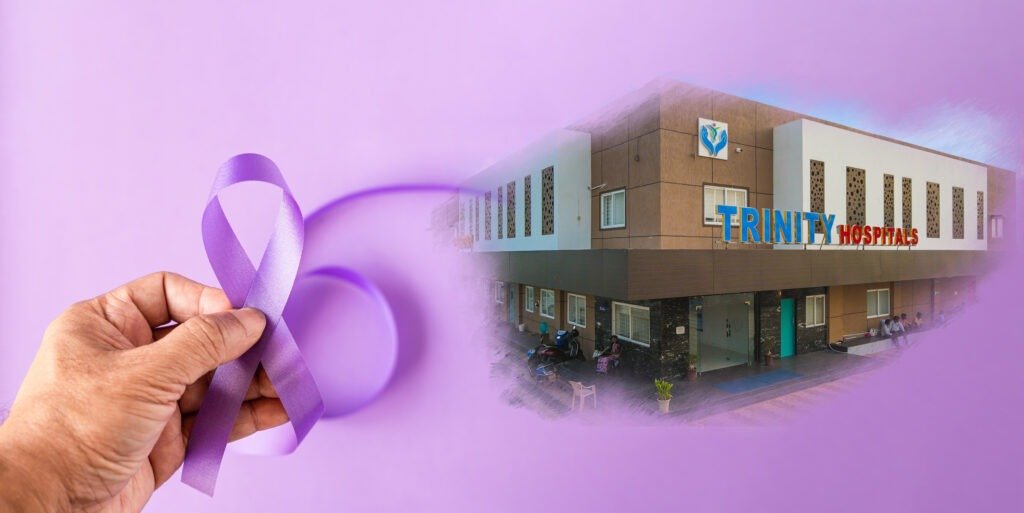Unveiling the Landscape of Cancer
Introduction:
Cancer, a formidable adversary that affects millions worldwide, is a complex and multifaceted group of diseases characterized by the uncontrolled growth and division of abnormal cells. In this article, we embark on a journey to unravel the intricacies of cancer, exploring its various facets, from causes and prevention to treatment innovations and the importance of support networks.
Understanding Cancer:
At its core, cancer is a genetic disease resulting from changes to the genes that control cell function, growth, and division. These alterations can be triggered by various factors, including genetic predisposition, environmental exposures, lifestyle choices, and viral infections.
Types and Diversity:
The term “cancer” encompasses a myriad of diseases, each unique in its behavior, symptoms, and affected organs. From breast and lung cancer to leukemia and melanoma, the diversity of cancer types requires tailored approaches to diagnosis and treatment.
Causes and Risk Factors:
While genetics plays a role in cancer development, environmental and lifestyle factors contribute significantly. Carcinogens, such as tobacco smoke, ultraviolet radiation, and certain chemicals, can increase the risk. Adopting a healthy lifestyle, including a balanced diet and regular exercise, can mitigate some of these risks.
Early Detection and Screening:
Early detection is often a game-changer in cancer outcomes. Regular screenings, depending on age, gender, and risk factors, can detect abnormalities before symptoms manifest. Mammograms, colonoscopies, and Pap smears are examples of effective screening tools that aid in early intervention.
Innovations in Treatment:
Advancements in cancer treatment have ushered in a new era of personalized medicine. Targeted therapies, immunotherapy, and precision medicine are revolutionizing how we approach cancer care, offering more effective and less invasive options.
The Role of Support Networks:
A cancer diagnosis not only affects the individual but reverberates through the lives of family and friends. Support networks, comprising healthcare professionals, counselors, and support groups, play a crucial role in helping patients navigate the physical, emotional, and psychological challenges of cancer.
Prevention and Healthy Living:
While not all cancers are preventable, adopting a healthy lifestyle can significantly reduce the risk of many types. Avoiding tobacco, limiting alcohol consumption, protecting against excessive sun exposure, and maintaining a nutritious diet contribute to overall well-being and may lower the risk of certain cancers.
Conclusion:
In the pursuit of conquering cancer, knowledge, early detection, and a holistic approach to treatment are our most potent weapons. By fostering awareness, embracing innovations, and providing unwavering support, we can collectively strive towards a future where the impact of cancer is minimized, and individuals facing this formidable foe can embark on a journey of hope and healing.

